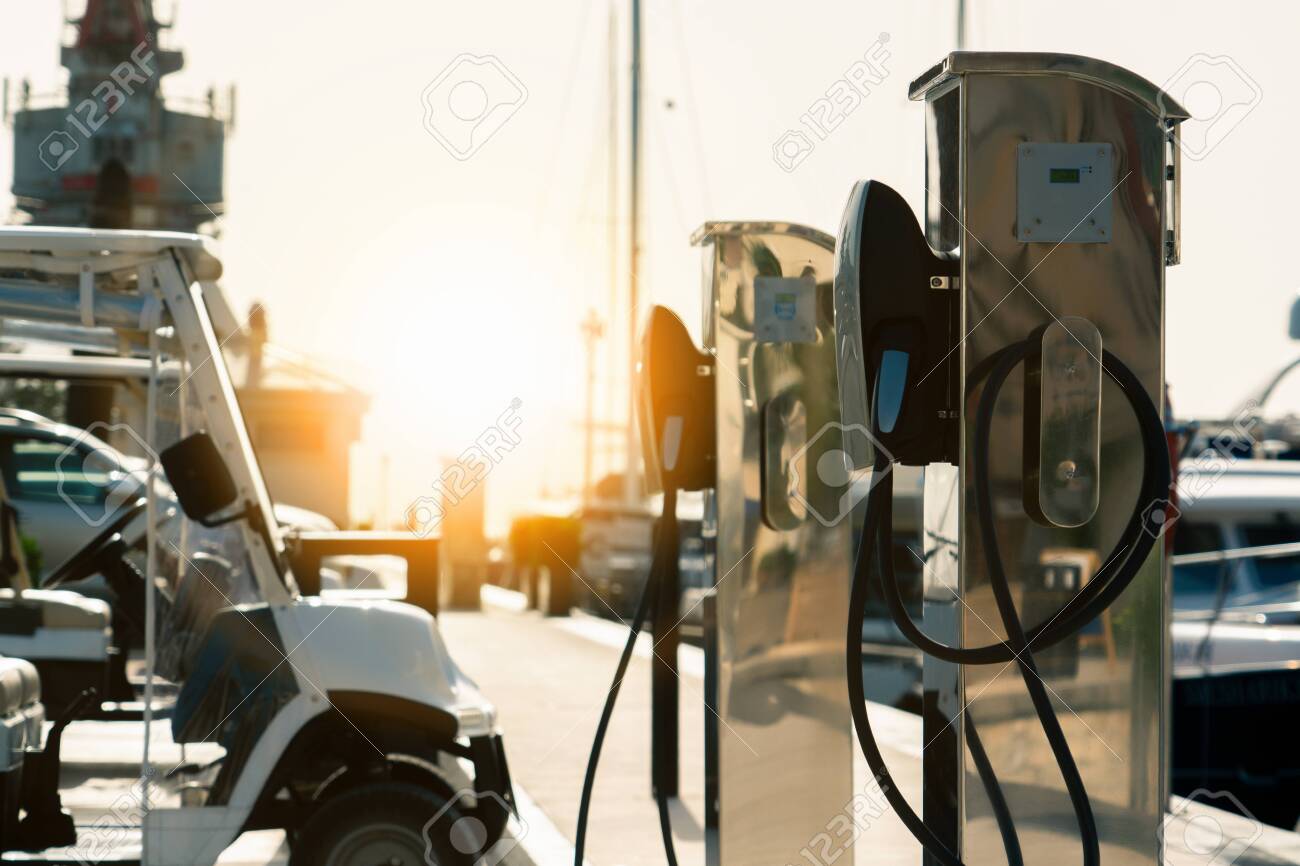The rise of alternative fuel stations is an important step towards a more sustainable future for drivers. These stations provide drivers with an eco-friendly option when it comes to fueling their vehicles, allowing them to reduce their carbon footprint and make a positive contribution to the environment. With more and more of these stations popping up around the world, it is becoming increasingly easier for drivers to make the switch to a more sustainable option when it comes to fueling their cars.
Advantages of Alternative Fuel Stations: Cleaner Air, Cost Efficiency and More
Alternative fuel stations are becoming increasingly popular as people become more aware of the environmental and economic benefits of alternative fuels. These stations provide drivers with access to cleaner, cost-efficient fuel sources that can help reduce emissions and save money. Here are some of the key advantages of alternative fuel stations:
Cleaner Air: Alternative fuels produce fewer emissions than traditional gasoline, leading to cleaner air. This can help reduce smog and other air pollutants, leading to improved air quality.
Cost Efficiency: Alternative fuels are often cheaper than traditional gasoline, leading to cost savings for drivers. This can result in lower fuel costs and more money for other expenses.
More Options: Alternative fuel stations provide more options than traditional gasoline stations, allowing drivers to choose from a variety of fuel sources. From electric cars to biodiesel and more, these stations offer a wide range of options for drivers.
Environmental Benefits: Alternative fuels can help reduce greenhouse gas emissions and other pollutants, leading to a healthier environment. This can help reduce the impacts of climate change and lead to a greener future.
Overall, alternative fuel stations offer a number of advantages for drivers. From cost savings to cleaner air, these stations can help reduce emissions and save money.
The Growing Popularity of Alternative Fuel Stations: Why the Increase?
The increasing popularity of alternative fuel stations is becoming a major topic of discussion in the English-speaking world. This is due to the growing awareness of the environmental benefits of alternative fuel sources and the economic advantages of switching to them. Alternative fuels such as electricity, hydrogen, and biofuels are becoming more widely available, making it easier for people to switch to cleaner forms of energy. The growing prevalence of alternative fuel stations is also helping to make these fuels more accessible to consumers.
Alternative fuel stations are becoming increasingly popular for a variety of reasons. First, they provide an alternative to traditional gasoline-powered vehicles, making it easier for people to reduce their carbon footprints. Additionally, alternative fuels are often cheaper than gasoline, making them a more cost-effective option for some drivers. Finally, alternative fuel stations are often more convenient than traditional gas stations, as they can be located closer to homes and businesses.
The increasing popularity of alternative fuel stations is a positive step towards a cleaner and greener future. As more and more people switch to these alternative fuels, the environmental benefits will become even more apparent. Furthermore, the economic advantages of these fuels are becoming increasingly apparent, making them an attractive option for many drivers. With the increased availability of alternative fuel stations, it is becoming easier for people to make the switch and take advantage of the benefits they offer.
What Types of Alternative Fuel are Available at These Stations?

Alternative fuel stations provide motorists with a convenient and environmentally-friendly way to power their vehicles. From electric vehicles to biodiesel, there are many types of alternative fuels available at these stations. Let’s take a look at some of the most popular options:
Electric Vehicles: Electric vehicles, or EVs, are powered by rechargeable batteries that can be easily plugged into a charging station. EVs are becoming increasingly popular due to their low emissions and long range.
Biodiesel: Biodiesel is a renewable fuel made from vegetable oils or animal fats. It is often blended with regular diesel to reduce emissions and improve fuel economy.
Compressed Natural Gas (CNG): CNG is a type of natural gas stored under high pressure. CNG is a great alternative to traditional gasoline and diesel and produces fewer emissions.
Propane: Propane is a clean-burning fuel that is derived from natural gas or petroleum. It is often used to power cars, trucks, and other vehicles.
These are just a few of the alternative fuel options available at alternative fuel stations. With the increasing number of people looking for ways to reduce their carbon footprint, these stations are becoming more and more popular.
In conclusion, Alternative Fuel Stations are a great choice for drivers looking to make a sustainable choice when it comes to fuelling up. They offer an array of clean and renewable energy sources that can drastically reduce emissions and help the environment. Additionally, they offer convenience and cost savings compared to traditional petrol stations. As more drivers become aware of the benefits of alternative fuel stations, we can expect to see them become more commonplace in the future.













